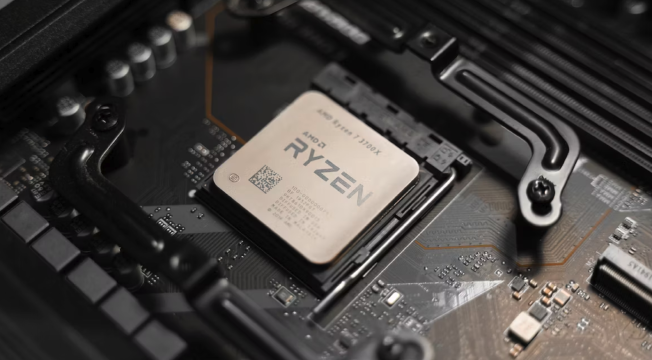Excerpt§
In this blog post, we explore the debate between snake case and camel case/pascal case. We discuss the pros and cons of each naming convention and provide insights on choosing the best option for your coding projects. Consistency is key in maintaining readable and maintainable code.
Naming conventions are an important part of writing clean, readable code. Three common conventions for naming variables are snake case, camel case, and Pascal case. But which naming style is best for variables and why? This article will examine the pros and cons of each approach.
Introduction§
First, let’s define these three naming conventions:
- Snake case: Variable names are all lowercase with underscores separating words (e.g.
my_variable_name) - Camel case: Variable names have the first word lowercase and subsequent words capitalized (e.g.
myVariableName) - Pascal case: The first letter of each word is capitalized (e.g.
MyVariableName)
Using consistent naming conventions makes code more readable and maintainable. When choosing a style, developers must consider brevity, clarity, and community conventions. There is no definitively “best” approach - it depends on your specific needs.
Snake Case§
Snake case variable names have all lowercase letters with underscores between words. For example:
1my_string = "Hello World!"
pythonPros of Snake Case:
- Readable and clear, especially for longer names
- Easy to type and understand
- Widely used in languages like Python, Ruby, Perl
Cons of Snake Case:
- Names can be lengthy
- Readability issues may arise with very long names
Overall, snake case provides a readable, consistent convention for variable naming. The main downside is potentially long names.
Camel Case§
In camel case, the first word is lowercase and subsequent words are capitalized:
1let myString = "Hello World!";
javascriptPros of Camel Case:
- Improved readability over snake case
- Commonly used in JavaScript, Java, C# and others
- Easy to distinguish words in long names
Cons of Camel Case:
- Can be confused with Pascal case
- Longer names than snake case
Camel case is readable and widely adopted. It is more visually appealing than snake case for some developers.
Pascal Case§
Pascal case capitalizes the first letter of each word:
1string MyString = "Hello World!";
csharpPros of Pascal Case:
- Very readable, especially with long names
- Used in programming languages and frameworks
- Makes each word distinct
Cons of Pascal Case:
- Longer names than snake case
- Potentially confused with camel case
Pascal case is very readable and commonly used for class names. The main drawback is longer names.
Comparison & Conclusion§
To wrap up, here are some key points when choosing a naming convention:
- Consistency - The existing codebase or style guide often dictates the naming convention to use. Stick to one approach within a project.
- Language - Languages often have their own naming conventions like Python’s snake case. Consider standard conventions for the language.
- Preferences - Individual and team preferences factor into which style is selected.
There is no clear “winner” between snake, camel and Pascal case. Consider the context and be consistent. Readable, understandable variable names are more important than case style. Experiment to find the right convention for your code.
Final Thoughts§
Naming conventions like snake, camel and Pascal case impact code readability. No style is inherently superior - different approaches have trade-offs. When starting a new project, take time to evaluate conventions and get team consensus.
Above all, emphasize consistency with variable names. Adhering to a single convention, whether snake, camel or Pascal case, ensures code is maintainable and understandable. Thoughtful, readable naming will benefit your projects no matter which case style you choose!















